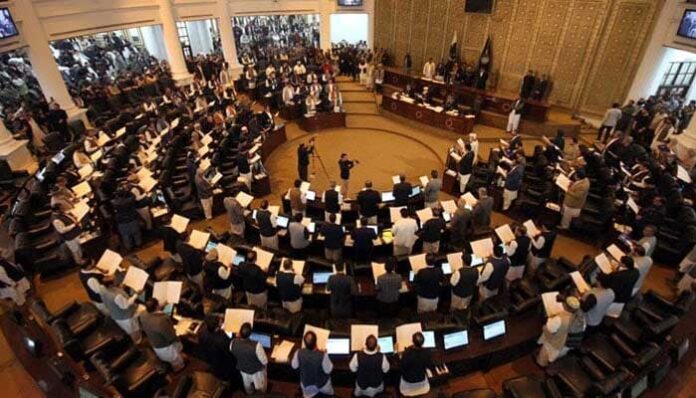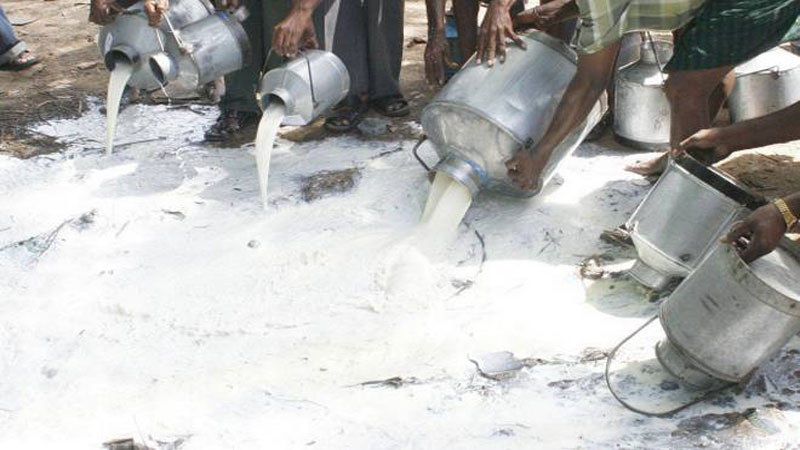PESHAWAR, Apr 21 (APP):A briefing session for Members of the Provincial Assembly and Members of the Standing Committee on Elementary and Secondary Education of Khyber Pakhtunkhwa was organized by Blue Veins in collaboration with the Pakistan Education Champions Network (PECN) to draw the attention of honourable Members of the KP Assembly toward the critical importance of girls’ secondary education in the province.
Senior officials from the Elementary Education Department provided a comprehensive briefing to Assembly members, sharing key statistics and insights on current educational challenges and opportunities.
Detailed data presented included the number of children enrolled in schools and those currently out of school, existing budget allocations, and future planned schemes to promote and sustain girls’ education for the upcoming fiscal year 2025-2026.
Members of the Provincial Assembly actively participated by offering valuable reflections, feedback, and constructive suggestions to enhance the effectiveness and efficiency of educational initiatives.
They emphasized the importance of targeted budgeting and robust planning to ensure the accessibility and sustainability of secondary education for girls across Khyber Pakhtunkhwa.
Addressing the session, Mr. Taj Mohammad, Chairman of the Standing Committee on Elementary and Secondary Education, reiterated the provincial government’s firm commitment to education, especially girls’ education.
He stated, “Ensuring quality education for girls is not just a policy objective but a priority of the KP government. Parliamentary oversight plays an important role in strengthening our education system, holding departments accountable, and ensuring resources are utilised effectively for maximum impact.”
Qamar Naseem, Program Manager at Blue Veins, emphasized the critical importance of increased budget allocations paired with efficient and transparent spending.
“Enhancing budgetary provisions specifically for girls’ secondary education is essential. We must not only increase funds but also ensure these resources are strategically and transparently utilized to bridge existing educational gaps, especially in underserved and rural areas,” he stated.
Participants underscored the significance of collaborative efforts between the government, civil society, and educational networks to advance educational outcomes.
Members of the Assembly committed to continuing advocacy and legislative support to ensure sustainable improvement in girls’ education throughout the province.
The session concluded with participants agreeing on the necessity of regular dialogues and consistent engagements to track progress, identify gaps, and reinforce accountability measures in achieving inclusive and equitable education for all girls in Khyber Pakhtunkhwa.




